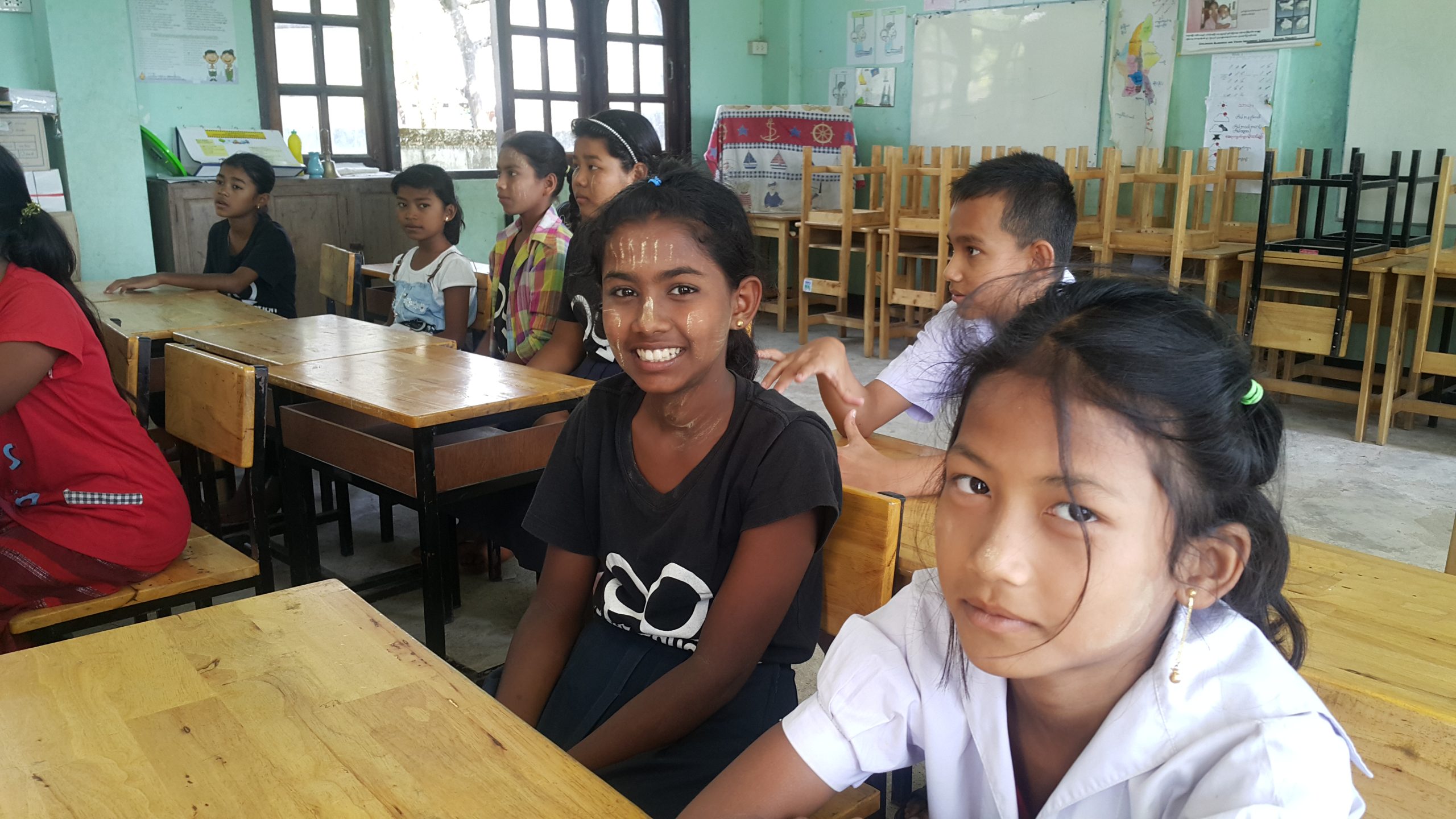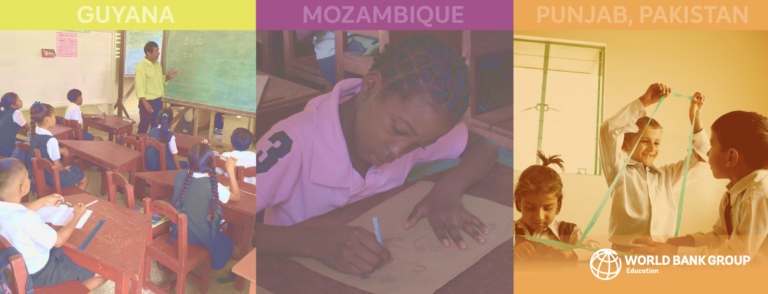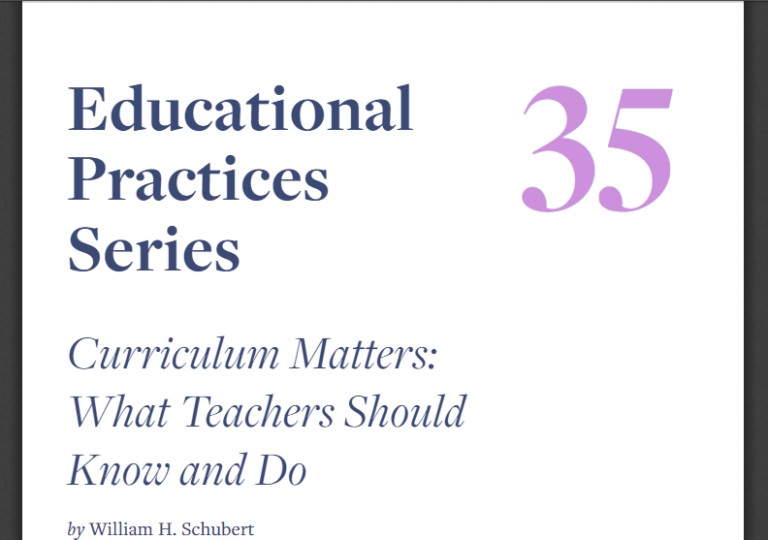Posted on 20 May 2018 – 08:03pm, Last updated on 21 May 2018 – 02:14pm, by Dzulkifli Abdul Razak @ The Sun Daily (Malaysia)
THE (re-)establishment of a single Ministry of Education (MOE) had a sense of déjà vu. It was a single ministry for a long time until 2004 when a Ministry of Higher Education (MOHE) was created. In 2013 the MOHE was collapsed but by 2015 it was re-established. Now we are back to a single ministry.
Though much has been achieved (depending on who you talk to), the fact remains that education is always a continuum from the basic (pre-school) to tertiary level, and beyond if lifelong learning is factored in – a process aptly described as “womb to tomb”. In other words, the more aligned education is the better so that it forms part of a continuous, holistic and integrated process as described in the Falsafah Pendidikan Kebangsaan (FPK). Logically, a unitary ministry is preferred and welcome especially in the attempt to cut bureaucracy and fragmentation which in turn impede implementation and monitoring that can be better overcome if it is placed under one roof. Like a one-stop centre.
For those wondering about the fate of higher education, one credible response is the formation of a Higher Education Commission (HEC) within the same ministry. This is something that we have not embraced before in a way that such a commission is independent and led by qualified professionals and academics from the education sector, in addition to those from the business/industrial community as well as civil society.
Essentially, HEC is aimed at promoting higher education via informed and evidence-based policies to be recommended for implementation. It is also responsible to reflect on “new” and “emerging” trends that will affect higher education that encompasses not just lifelong learning, but also lifewide learning covering both depth and width – especially the latter that has not been taken up in earnest. Indeed through such approaches the overall impact on the entire continuum of education becomes the overarching goal to be advised and translated into reality accordingly within the framework of the FPK.
To make HEC meaningful and impactful it is important to recognise that higher education and its institutions are autonomous and free as a foundation of knowledge in the search for “truth”. Hence the values and practices of institutional autonomy and academic freedom of expression cannot be compromised. Debate, dissent and discourse are the lifeline to generating knowledge, its validation and dissemination that must be promoted, preserved and protected. In other words, there must not be any attempt to interfere or compromise such values and practices in the academe be it directly and indirectly (a departure from what is done today).
Laws and rules, especially the Universities and University Colleges Act must be revisited and appropriate action taken to open up greater space for legitimate expression. That said, the much needed autonomy and freedom are viewed in the context of accountability, responsibility as well as “responsability”.
In the final analysis all these must be nurtured at the earliest possible opportunity; meaning it must begin early in pre-schools, if not earlier (spiritually speaking) especially in inculcating and acculturating values, ethics, morality and integrity. These are the basis of good and lasting education for nation-building and global citizenry encompassing both pelajaran and pendidikan to nurture (not teach) a balanced and harmonious person as mandated in FPK. It has no ultimate KPIs (think ranking) to be measured or dictated by the powers that be. Yet it is pristine to human nature as part of the universal values that they are linked too. This worldview has its place in FPK that has yet to be translated into reality.
In summary, as we welcome the move to create a single ministry, and congratulate the appointment of a new minister, it is also time to re-envision education away from what has been taken for granted all along disregarding the FPK to humanise education (read kesejahteraan diri) for a sustainable and equitable future. This demands an open and unfiltered forum well above partisan and narrow realpolitik so that we do not sacrifice the future generation the opportunity to lead this country as an integral part of the global desire for freedom, justice, love and peace for humanity. Here is where we need the “right” education and knowledge organically “grown” in our context for all our schools and campuses to shape a new and vibrant Malaysia as envisioned by Wawasan 2020 at the very least.
Comments: [email protected]



